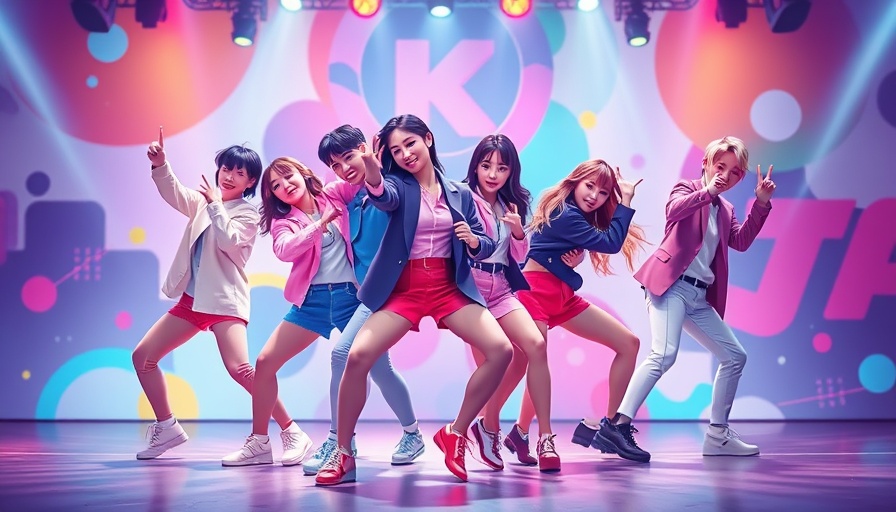
Netflix's Bold Move for 'KPop Demon Hunters'
Recently, Netflix released a sing-along version of the popular animated film "KPop Demon Hunters" in theaters, sparking significant buzz in the industry. This two-day theatrical event reportedly generated between $16 million and $20 million, although Netflix has yet to publicly confirm these figures. While this financial performance may sound impressive, it is essential to consider it within the broader context of the film industry and Netflix's unique strategy.
A Marketing Strategy, Not a New Frontier
For Netflix, theatrical releases serve primarily as marketing tools to promote their streaming content rather than a revenue stream. Throughout its history, Netflix's approach has focused on attracting viewers to its vast repository of films and series through limited theatrical releases. The two-day format allows the company to create buzz around upcoming content while captivating a new audience willing to experience the film outside of their screens.
Comparison with Other Theatrical Releases
Interestingly, while "KPop Demon Hunters" garnered significant attention, its revenue doesn't quite match the figures achieved by other re-releases, such as "Star Wars: Revenge of the Sith" and "Coraline," which brought in $25 million and $33 million, respectively. This is a clear indicator that while the film performed well for Netflix, it may not indicate an enduring future for theatrical releases for the platform.
The Road Ahead for Netflix
The excitement surrounding the release of "KPop Demon Hunters" might lead some to believe that Netflix is entering a new era of theatrical storytelling. However, given their historic utilization of theaters as promotional tools, it's likely that they will stick with this model. As experts in the industry suggest, this might just be a brief detour rather than a permanent shift in strategy.
In conclusion, although "KPop Demon Hunters" showcased Netflix's capability to bring animated titles to the big screen and engage audiences, it appears to be a one-time event focused on marketing rather than a consistent strategy. As business leaders, staying informed about these trends can help us navigate the evolving landscape of content delivery and consumer engagement.
 Add Row
Add Row  Add
Add 










Write A Comment